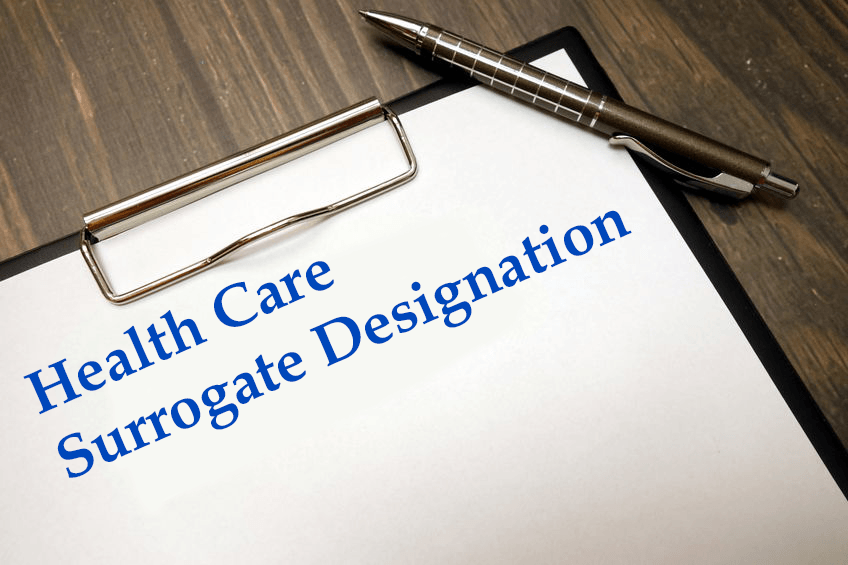A common tool for planning for disaster.

No one likes to consider the possibility that she ever may not be able to make informed health care decisions for herself. Yet, there are times when that may be exactly what happens. The inability to make health care decisions may only be temporary, but they also may be permanent.
This is not the same as just making poor decisions for yourself. It is when you actually cannot make a decision.
For instances, you are driving along, obeying the laws of the road and are, nonetheless, involved in an accident which leaves you unconscious and injured. When the paramedics arrive, they do not need anybody’s permission to provide life-saving services. This is an emergency and that is exactly for which these professionals are trained and valued so much in our society.
However, after been taken into life-saving surgery, the physician notices another problem in its infancy. Very easily, the physician could stop this problem from further developing and becoming a much bigger issue in a few weeks. You, obviously, cannot give consent to the physician to deal with it now and, without someone appointed by you to make this decision, the physician may not do anything but the emergency surgery.
Another example is the patient, not involved in an accident this time, has had a series of strokes which renders him incapable of making the decision. A healthcare provider notices a slow growing skin cancer. The preferred treatment is immediate removal of the offensive cancer for it will continue to grow and will, eventually result is significant danger. However, right now, it is not an emergency under any definition.
If you have executed a Health Care Surrogate Designation (a “health power of attorney”) your designated choice can make these decisions for you, following what they believe would be your wishes. So, if the patient is going to recover from the strokes and is getting proper medications, the Surrogate would probably decide the skin cancer should and may be removed.
Merely executing the document is not enough. The Surrogate must be informed of your choice and be given a copy. A copy should be provided to your primary health care provider as well as the hospital where you are most likely to be taken.
The paper, though, should not be considered as a replace for a face-to-face conversation with your Surrogate about your wishes or you primary health care provider about who you have chosen.
The Surrogate will also be authorized, according to the Statutes, to sign for your admission or transfer from one health care center to another.
The Surrogate takes on NO financial responsibility for you though.
Share this article




